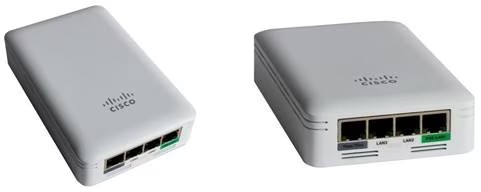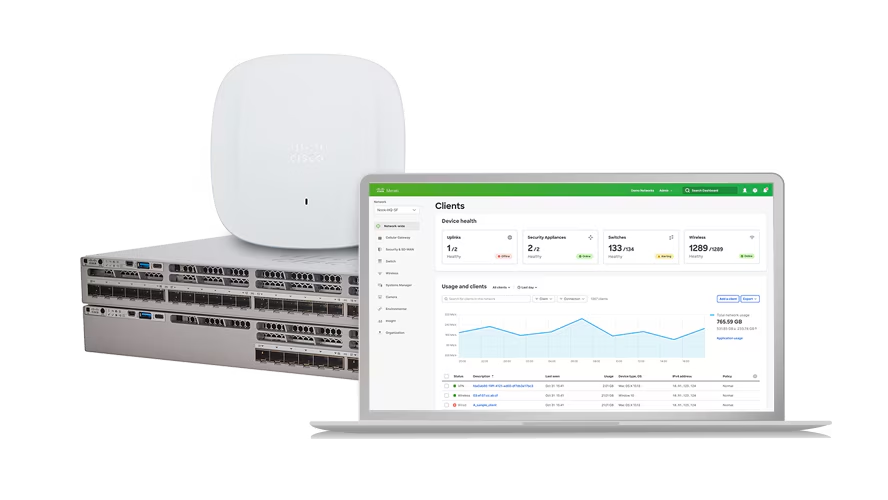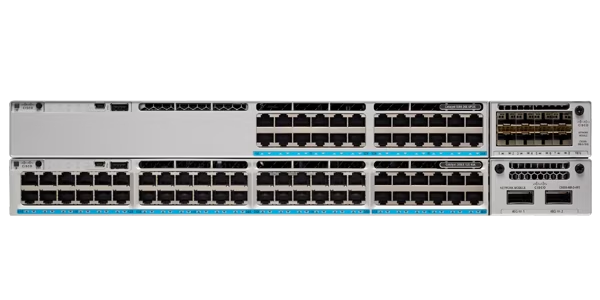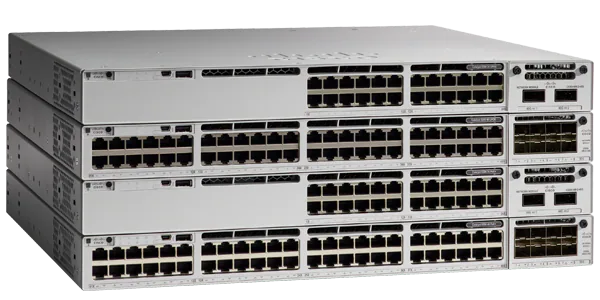































The State has invested in modern software-defined data center technology to foster productivity, help disaster recovery and thwart cyberattacks
News summary
Full story
The State of Oklahoma is committed to becoming a digital-first government, modernizing its data center strategy to more efficiently provide services to its four million citizens, safeguard against cyberattacks, and protect and restore information in the case of a disaster. Partnering with Dell Technologies (NYSE:DELL) to transform its IT, the State has moved its information services forward an estimated 20 years in just over a year and improved productivity, helping IT staff to focus on making citizen access to services easier and their data more protected.
"In the last year, our team has dealt with the pandemic and energy needs along with the ongoing goal of delivering quality healthcare and the best services to citizens. All of this helped make clear that we needed to update our processes and digitize services," said Steven Harpe, state chief operating officer and deputy secretary of Digital Transformation and Administration, State of Oklahoma. "We went to Dell Technologies with a big challenge. Working together, we have created a digital approach to offering services and a top-tier, well-engineered secondary data center to help ensure our citizen data is protected, even in the face of cyberattacks, inclement weather and power outages."
Doubling-down with Dell Technologies Infrastructure for Resiliency and Growth
The State of Oklahoma sought to modernize its IT operations, use infrastructure that would easily support future growth, and enhance its data protection capabilities to better withstand the rising number of cyberattacks globally.
In less than six months, the State of Oklahoma planned, implemented, migrated and protected more than 2.6 petabytes of data and tens of thousands of databases to a remote data center that uses Dell EMC PowerProtect Cyber Recovery, PowerProtect DD series appliances and PowerProtect Data Manager software, giving the State a singular view of its diverse IT environment. The State, which has withstood more than 3.8 trillion cyberattacks, has Dell Technologies storage and data protection in its primary and now secondary data centers, and can be up and running quickly in the event of a disaster.
To give citizens the ability to consume services, regardless of agency, in the same way that they transact with banks today, they required a modern, agile and scalable foundation. The State of Oklahoma is using the Dell EMC PowerFlex software-defined infrastructure to provide an efficient foundation for applications that run health, human services, public safety, tax, transportation and more.
The State consolidated more than 3,000 servers and 9,000 databases that support more than 100 state agencies to a foundation of Dell EMC PowerFlex systems in its remote data center. Agency personnel now have sub-millisecond access to data to get what they need, replicated storage to support business continuity and data protection, encryption to secure inactive data, disaster recovery improvements, and much more.
"State governments are critical service organizations, challenged to provide timely, digitally delivered services while safeguarding citizen and government data against threats such as cyberattacks," said Jillian Mansolf, senior vice president and general manager, North American Education & Public Sector Sales, Dell Technologies. "Dell Technologies brings our extensive experience to bear in helping the State of Oklahoma and others reliably and securely transform their IT to become more resilient while offering more digital services for their departments, citizens and local businesses."
Additional resources
About Dell Technologies
Dell Technologies (NYSE:DELL) helps organizations and individuals build their digital future and transform how they work, live and play. The company provides customers with the industry's broadest and most innovative technology and services portfolio for the data era.
Copyright ? 2021 Dell Inc. or its subsidiaries. All Rights Reserved. Dell Technologies, Dell, EMC and Dell EMC are trademarks of Dell Inc. or its subsidiaries. Other trademarks may be trademarks of their respective owners.
 Tags quentes :
Tags quentes :